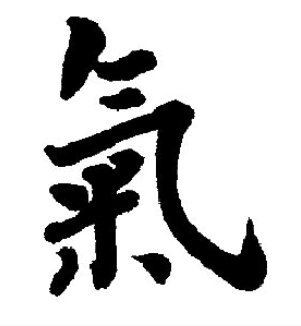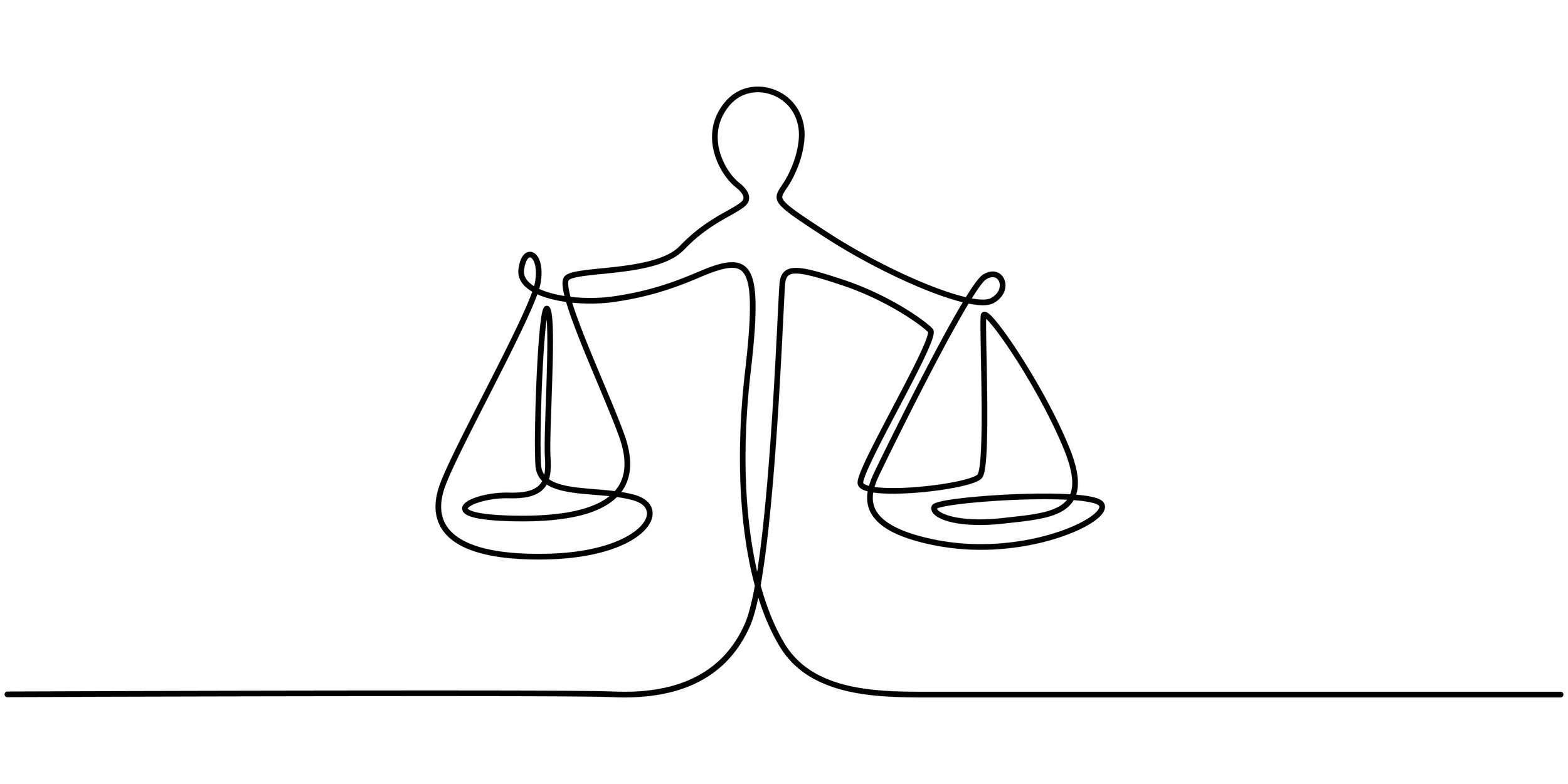Traditional Chinese Medicine (TCM)
A Brief Introduction

What is Traditional Chinese Medicine (TCM)?
Chinese Medicine (also known as Traditional Chinese Medicine or TCM) is a comprehensive system of healthcare that has been practiced for over 2,000 years. It encompasses a variety of therapeutic practices and approaches aimed at promoting health and treating illness by restoring the body’s natural balance and harmony. Rooted in ancient Chinese philosophy and observation of the natural world, TCM emphasizes the interplay between body, mind, and environment.
The Wellspring Integrative Approach:
Wellspring Health uses TCM is often used alongside Conventional medicine in an integrative healthcare model. This approach combines the strengths of both systems, offering a broader range of treatment options and emphasizing the prevention of disease as well as the treatment of existing conditions.
Success Stories
TOP TEN GOOGLE RATED acupuncture clinics in Manhattan with 131 Five Star Reviews.
Core Concepts of Chinese Medicine
Qi (Vital Energy):
Qi (pronounced "chee") is considered the life force or vital energy that flows through the body. It is believed to circulate through specific pathways called meridians, and maintaining its free and balanced flow is essential for health.
Meridians and Acupoints:
The body has a network of channels called meridians, through which Qi and blood circulate. Acupoints, or acupuncture points, are specific locations on these meridians that can be stimulated to regulate the flow of energy and treat various conditions.
Yin and Yang:
Yin and Yang represent the fundamental dualities in nature (e.g., light and dark, heat and cold, activity and rest). Health is seen as a dynamic state of balance between these opposing yet complementary forces. Imbalances between Yin and Yang can lead to illness.
Five Elements Theory:
The Five Elements—Wood, Fire, Earth, Metal, and Water—are used to understand the relationships between different organs, tissues, and physiological processes. This theory guides diagnosis and treatment strategies, connecting the body’s functions with environmental factors.
Holistic Approach:
TCM treats the body as an interconnected whole, recognizing that physical, emotional, and environmental factors all influence health. Practitioners often address not only physical symptoms but also lifestyle, diet, emotional state, and external conditions.
New To Acupuncture?
First time for acupuncture? New to Wellspring Health?
Check out our comprehensive New Patient Step-by-Step Guide.

Common Practices in Chinese Medicine:
Acupuncture: The insertion of thin, sterile needles into specific acupoints along the meridians to regulate the flow of Qi and promote healing. Learn More
Herbal Medicine: The use of plant-based formulas (roots, leaves, flowers), as well as minerals and sometimes animal products, to treat illness and support overall health. Each herb has unique properties and can be combined into formulas tailored to individual needs. Learn More.
Cupping Therapy: The application of suction cups to the skin to improve circulation, release muscle tension, and draw out toxins. Learn More.
Moxibustion: The burning of the herb mugwort (moxa) near the skin’s surface or on acupuncture points to warm and stimulate the flow of Qi. Learn More.
Tui Na (Chinese Medical Massage): A form of therapeutic massage that uses specific manual techniques to promote energy flow, reduce pain, and address musculoskeletal issues. Learn More.
Qigong and Tai Chi: Mind-body exercises that involve controlled movements, breathing techniques, and meditation to enhance the flow of Qi, improve flexibility, and promote mental clarity. Learn More.
Dietary Therapy: Recommendations on food choices and preparation methods based on the Five Elements and Yin-Yang theories to support health and treat disease. Learn More.
Applications of Chinese Medicine
Complimentary Consultation for New Patients
Resources & Links to Learn More
Traditional Chinese Medicine (TCM) has been the subject of numerous clinical studies exploring its efficacy across various health conditions. Here are five notable studies highlighting the positive benefits of TCM:
Acupuncture for Chronic Sciatica Due to Herniated Disks: A recent Chinese study demonstrated that acupuncture significantly improves leg pain and function in patients with chronic sciatica resulting from herniated disks. The benefits were more pronounced than those from sham treatments and persisted for a year. Reuters
Tongxinluo Capsule in Acute Myocardial Infarction: The CTS-AMI randomized clinical trial investigated the addition of the TCM compound Tongxinluo to standard treatments for acute myocardial infarction. Results indicated a significant reduction in 30-day major adverse cardiac and cerebrovascular events, including cardiac death, suggesting Tongxinluo's potential in improving clinical outcomes for heart attack patients. JAMA Network
TCM in Treating Hepatic, Biliary, and Pancreatic Cancers: A systematic review summarized clinical applications of TCM showing promising results in treating cancers of the liver, bile ducts, and pancreas. The review highlighted TCM therapeutics like Huaier Granule, Huachansu, and Icaritin, which have demonstrated efficacy in clinical trials, offering valuable insights into TCM's potential in oncology. Molecular Cancer
Acupuncture for Back Pain: A comprehensive guide discusses the use of acupuncture, an ancient Chinese therapy, in alleviating back pain. It involves inserting thin needles into the skin to potentially unblock energy pathways called meridians and stimulate the release of natural painkillers like endorphins. Despite mixed results from studies, many find temporary back pain relief from this treatment. Verywell Health
Chinmedomics in Evaluating TCM: Chinmedomics, a novel approach integrating metabolomics with TCM, has been utilized to evaluate the efficacy and mechanisms of TCM treatments. This method has provided insights into the holistic effects of TCM formulations, enhancing the understanding of their therapeutic benefits and supporting their modernization and internationalization. Clinical Medicine Journal
These studies underscore the potential benefits of TCM in various medical contexts, highlighting its role as a complementary approach in modern healthcare.

























